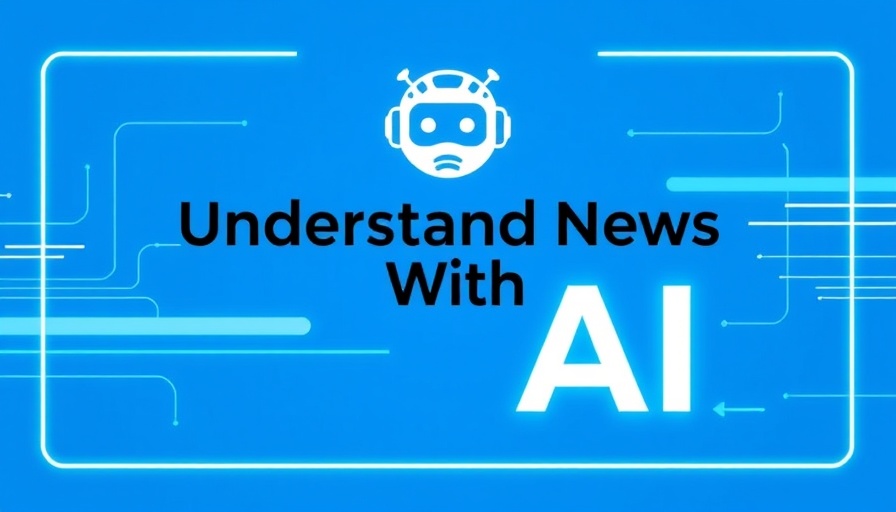
A Changing Business Landscape: The New Imperative for Happiness
As the workplace evolves, so too must our understanding of what drives success. In a thought-provoking TED talk, management consultant Rosie Sargeant posits a radical yet intuitive idea: companies will rise or fall based on the enjoyment levels of their employees. With trends indicating a shift towards values of happiness and flexibility, is it time to rethink what truly matters in our workplaces?
The Joy Factor: More Than Just Fun
Sargeant advocates for integrating joy into daily workflows—a fundamental shift in how businesses operate. She suggests innovative strategies to make work environments more enjoyable. One standout idea? Kangaroo-themed employee check-ins. While this sounds playful, the underlying message is clear: fostering a light-hearted atmosphere can accelerate not only employee retention but also enhance customer satisfaction. Companies that prioritize joy may cultivate loyal teams and satisfied customers, creating a feedback loop beneficial to the business's growth.
Flexibility: The Bridge to Work-Life Balance
Coupled with joy is the vital element of flexibility. In today’s fast-paced world, employees are increasingly searching for positions that allow them to balance their work and personal lives effectively. Businesses that offer flexible working conditions—be it through remote work options or flexible hours—tend to see a more engaged and motivated workforce. This flexibility allows employees to flourish both personally and professionally and can significantly reduce turnover rates, ultimately contributing to the organization's bottom line.
Counterarguments: Debating the Joyful Workplace
While Sargeant's perspective is refreshing, it does provoke debate. Some argue that prioritizing enjoyment could lead to a lack of seriousness or productivity in the workplace. However, studies have consistently shown that happy employees are more productive and creative. They are likely to contribute positively to the company culture, encouraging grassroots sales and fostering a community-oriented approach to business growth.
Relevance to Current Events: Navigating Economic Disruptions
In the wake of recent economic turbulence—marked by AI job loss and fluctuating job markets in regions like Ontario and the Great Lakes—businesses face pressure to adapt swiftly. Striking the right balance between joy and productivity can be a pivotal factor for survival. Employers have the opportunity to innovate through community-driven initiatives while ensuring that their teams feel valued and engaged.
Taking Action: How Businesses Can Implement Joy and Flexibility
To fully embrace these concepts, businesses must take actionable steps. Start by surveying employees to determine what aspects of their work could be made more enjoyable. Simple changes, such as incorporating few light-hearted rituals or allowing team members to propose social activities, can yield significant results. Additionally, reviewing company policies to enhance flexibility can dramatically improve employee morale.
Conclusion: The Path Forward
Joy and flexibility in the workplace are not just trendy concepts; they are essential strategies for business success in the modern era. Employers must recognize the profound impact of employee satisfaction on their organizations' growth. By prioritizing happiness and providing flexible work structures, businesses can better equip themselves to navigate the challenges of today's economy. This isn't merely a call to action—it's an urgent reminder that in crafting our future workplaces, the human element cannot be neglected. As you reflect on these insights, consider how you can apply them in your own work environment for a positive, productive future.
 Add Row
Add Row  Add
Add 




Write A Comment